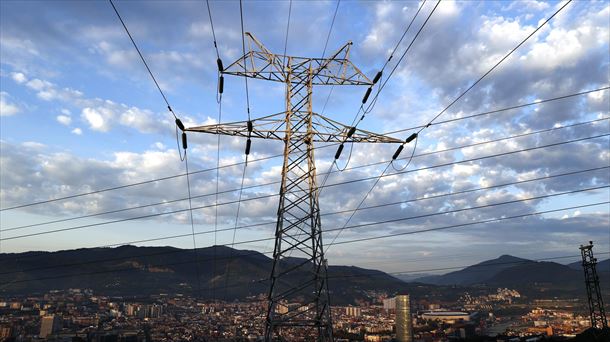The compelling and not merely visceral “hunt” of the bourgeoisie is the best way to intelligently recruit voters for an election. Connecting and reconnecting with the lost citizen should be the common point of all electoral strategists
The democratic liturgy presents, on a regular and recurring basis, certain peak moments called elections. These are times when seeking a vote for an acronym or a candidate becomes the primary goal of those who choose to pose as legitimate representatives of the people, whether at the national, regional or local level; or even supranational, as is the case with the European Parliament.
While a politician always acts in permanent campaign mode, the proximity of a polling appointment sets him into a special season of fervor in which, echoing the likeness of King Midas, all he touches is a vote.
In Spain, political parties are already fine-tuning their electoral machinery for the May 2023 local and regional elections. Intense months are ahead, a prelude to the potential general election at the end of the year, hence the its importance as a test or as a real-time survey of the PSOE and its government partner.
In the United States, the so-called midterm elections – midterm elections – also measure the power of Democrats and Republicans for control of the House of Representatives and Senate. Biden could see his executive power curtailed if both fall to the Republican side.
In the UK, no one is ruling out the possibility of parliamentary elections being held after successive Conservative hecatombs in government, where 10 Downing Street is increasingly looking like an Airbnb apartment.
There are and will be elections all over the known world and it will always be necessary to go to the campaign experts to get the most out of it. There is too much at stake to leave it to amateurs.
While the majority of those working in political communications do so within government structures, as these are the most stable over time, it is no less true that election campaigns remain attractive to political and strategic advisers, given the amount of resources moved and the entity of what is at stake.
They are also for scientists and, of course, there is much more scholarly literature on election and campaign communication than on government communication, despite the turnout the latter has acquired.
We live in a time characterized by the speed with which events take place and the immediacy with which all kinds of information are sent. Moreover, the era of one-way information from sender to receiver via traditional media is over. Now there are many middlemen with the capacity to intervene, interact, generate content and distribute; intermediaries, in short with vote and vote and with the ability to reach other voters.
The ecosystem of electoral communications has become much more complex but at the same time more exciting than in the past and requires extensive and multifaceted knowledge of the environments in which to act.
In the past, the lack of these fine analyzes caused Hillary Clinton to fail against Donald Trump, the British sectors who wanted to stay in the European Union against Brexit in the 2016 referendum or, just a few months ago, the supporters of the failed Chilean Constitution rejected in referendum.
We have more tools than ever to listen to what society thinks, and other interests or prejudices prevent us from seeing beyond what matters. That is where the failure of an election campaign or a referendum begins to take shape, for which you have to opt for a vote in both cases.
In an environment of accentuated polarization and rejection of politicians and politics, it is more necessary than ever to think, to dig into what we might call the intelligent “hunt” of the voter, that is, the captivating and not only visceral pursuit of citizenship.
This means not only appealing to reason, because then we would forget an essential part of man, such as feelings or their emotional part. The smart thing is to realize a skilful combination of the two spheres that, moreover, allows in the long run the fidelity of the vote: a good that every party or candidate wants to achieve in order to strengthen its stability.
Connecting with the citizen or reconnecting with the lost citizen should be the common point of all electoral strategists if they do not want their conquests reduced to the flour of one day, bread for today and hunger for tomorrow. The voices seduced by the art of deception are those that are difficult to win back later.
This article was published in ‘The conversation‘.
Source: La Verdad
I am an experienced and passionate journalist with a strong track record in news website reporting. I specialize in technology coverage, breaking stories on the latest developments and trends from around the world. Working for Today Times Live has given me the opportunity to write thought-provoking pieces that have caught the attention of many readers.



